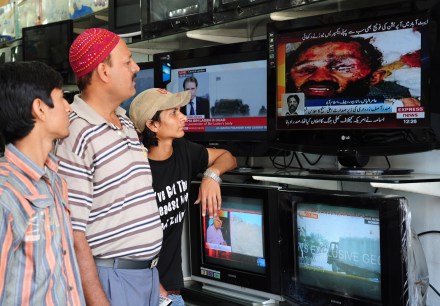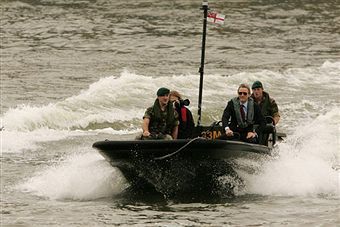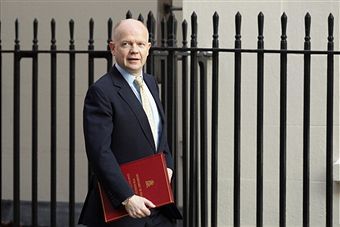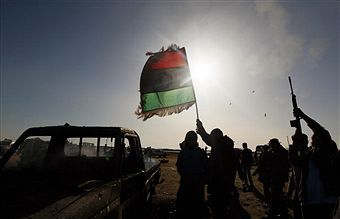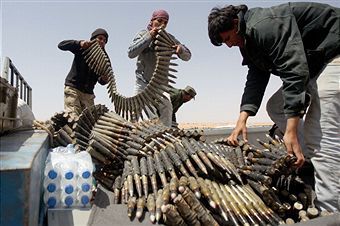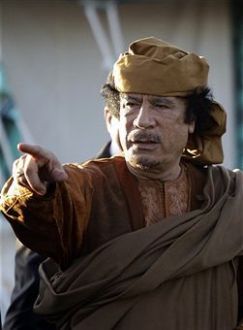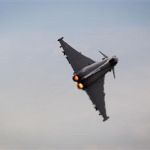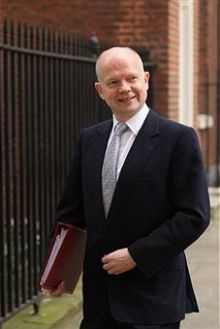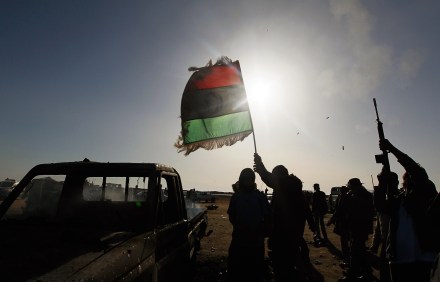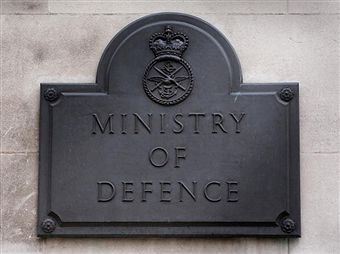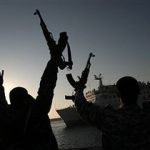The world’s most wanted man becomes the world’s most wanted photograph
Will we see pictures of the dead Bin Laden? When Saddam’s sons were killed, pictures of their corpses were released by the American military, on the grounds that it was crucial for Iraqis to believe they were no more. This time, we’re told that Bin Laden has already been buried at sea, the Saudis having refused to repatriate his body. The CIA say they have pictures from yesterday’s assassination, and that the pictures of Bin Laden circulating right now (which have been picked up by some of the British media) are fake. It’s unclear whether they intend to release the real pictures. Bin Laden’s body was identified by some members
